Is your adhesive holding back your sustainability claims?
When brands make sustainability pledges, packaging is often the first place they look to demonstrate progress. Fibre-based cartons, compostable films, and recyclable trays all signal responsibility to consumers and regulators alike. Yet just one small component, the adhesives, can quietly undermine the whole effort.
Adhesives are rarely front of mind when it comes to packaging sustainability, but under the EU’s new Packaging and Packaging Waste Regulation (PPWR), they are becoming a compliance-critical material. Even though they make up only a small fraction of the total pack weight, adhesives can determine whether packaging is truly recyclable or compostable, or whether claims collapse under scrutiny.
Why adhesives matter under PPWR
By 2030, all packaging placed on the EU market must be designed for recycling. By 2035, it must also be recyclable at scale, meaning it can be collected, sorted, and reprocessed in real-world conditions. Compostability rules are already tightening, with specific packaging formats (like tea bags, sticky labels, and lightweight bags) required to meet EN 13432 certification for industrial composting.
Adhesives directly affect both of these criteria. For example:
- Recyclability: Conventional synthetic hot melt adhesives can, in some cases, clog pulping machinery, remain embedded in fibres, or contaminate recycled paper bales, leading to costly rejections.
- Compostability: If the adhesive exceeds the thresholds set in EN 13432 and cannot biodegrade safely, it can invalidate the compostability claim of the entire pack, even if the substrate itself meets the standard.
This means adhesives are not just a “background material.” They are a make-or-break factor in regulatory compliance.
The EN 13432 benchmark
EN 13432 is the recognised European standard for packaging recoverable through industrial composting. It requires proof that every component of a pack, including adhesives, biodegrades within six months, disintegrates within 12 weeks, and leaves no harmful residues such as microplastics or heavy metals.
For converters, failing to consider adhesive compliance introduces risk. A single non-certified adhesive could mean a compostability claim doesn’t stand up to verification, potentially leaving brands exposed to accusations of greenwashing or non-compliance penalties.
The risk of hidden components
Packaging developers often assume that because adhesives are only a small part of the overall structure, they fall outside regulatory scope. But under PPWR, every component counts. In fact, studies have shown that adhesives can contribute up to 5% of pack weight in some laminated formats, well above thresholds that require independent certification.
The reality is that adhesive selection can determine whether a pack clears compliance checks or fails them.
De-risking your packaging strategy
The good news is that adhesive choice doesn’t have to hold sustainability claims back. Certified biodegradable hot melt adhesives now exist that can deliver the bond strength, fast set times, and line efficiency converters need, all without compromising on recyclability or compostability.
Working with suppliers who can provide certification, technical data, and guidance is essential. PPWR is clear. It’s not enough for packaging to be theoretically recyclable or compostable; it must be proven. Adhesives are part of that proof.
Sustainability claims are only as strong as their weakest link. For packaging under PPWR, adhesives can either undermine compliance or enable it. By choosing certified solutions and demanding the right documentation, converters can ensure their adhesives strengthen sustainability credentials rather than compromise them.















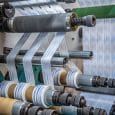




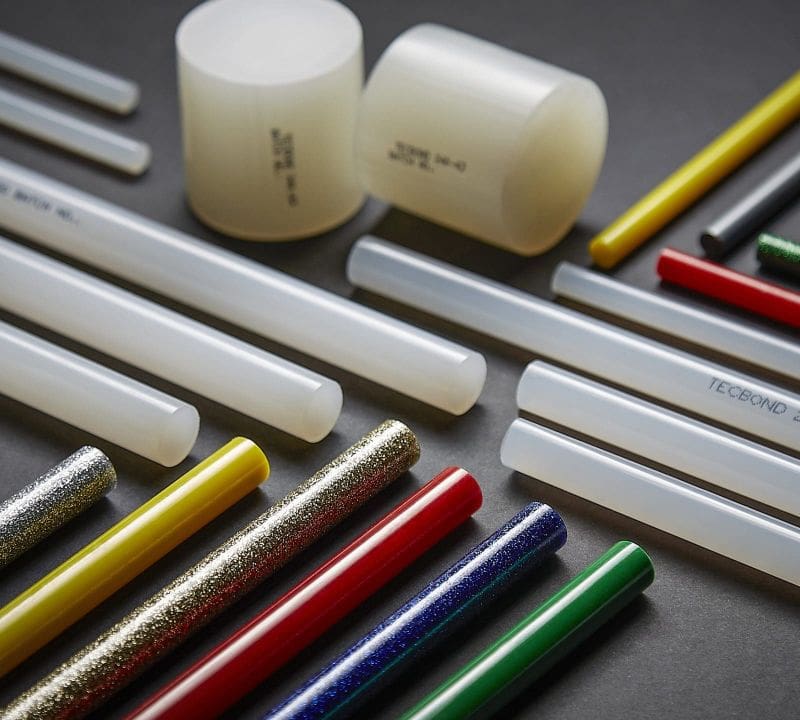
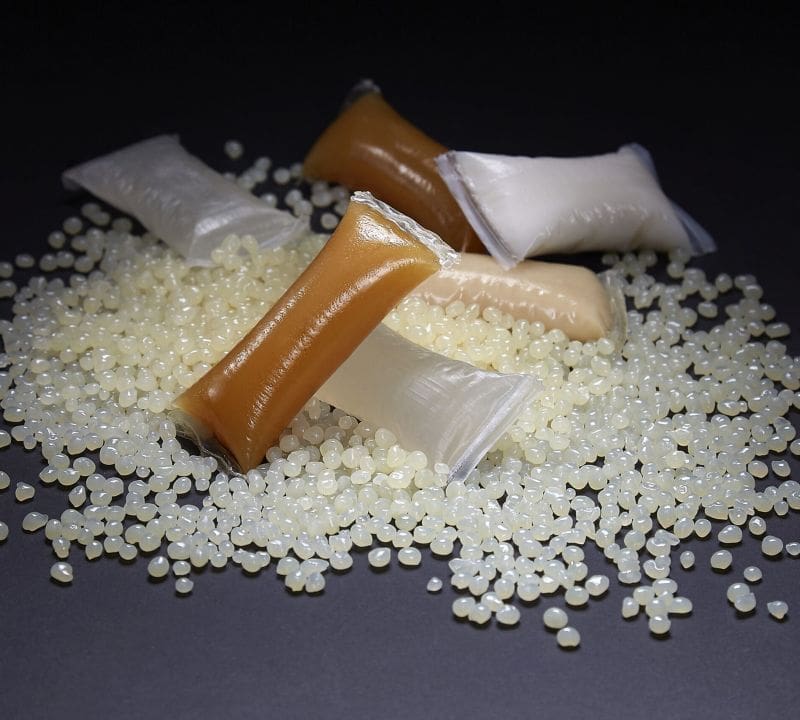
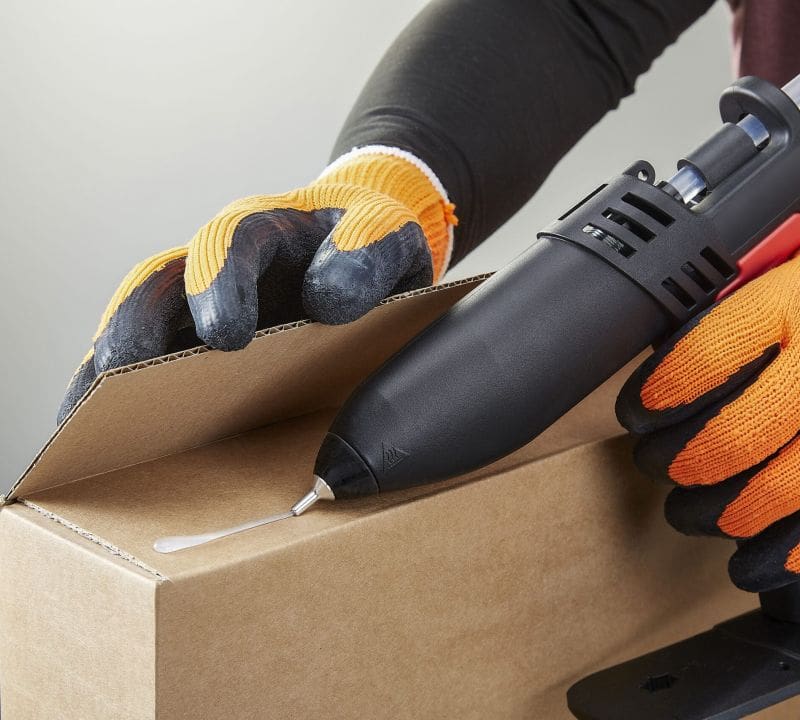


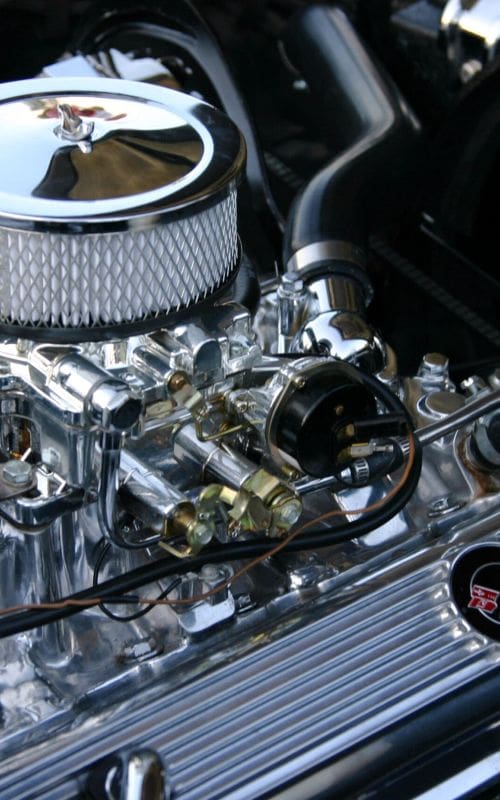

Leave a Reply